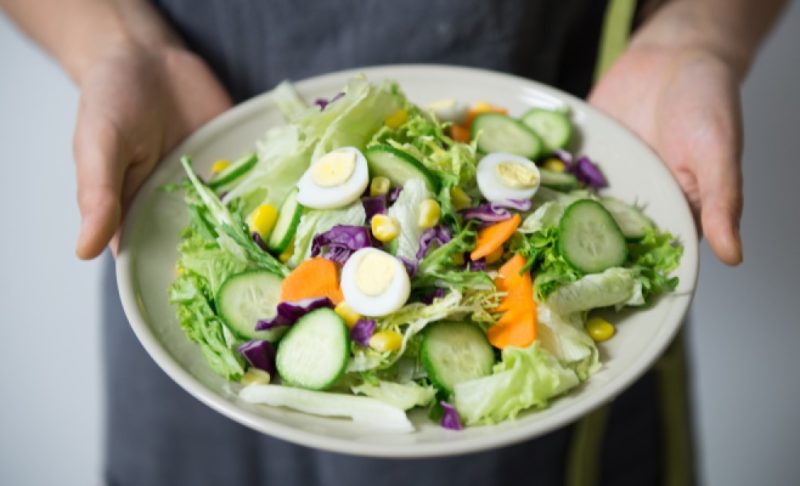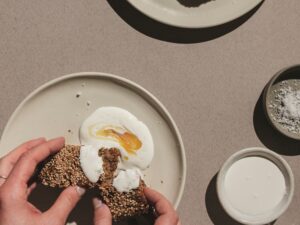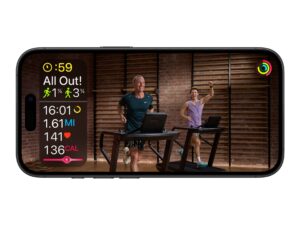The ongoing pandemic has forced people all over the world to stay home – and this is taking a toll on our mental and physical health. There are many tips on how to counter the mental effects of social distancing. When it comes to physical health, there is also a lot of information, but simply doing squats and push ups in the living room is only part of it. The other part – the one that we tend to forget about most days – is what we are putting into our bodies. It’s easy to stress-eat and not think about eating healthy foods at a time when we are hearing scary news not only about the virus, but the economy, too.
Emotional Eating

When you feel sad or stressed, you often find yourself reaching for chocolate, cookies, potato chips or other snacks that you nibble even when you’re not hungry. Food offers comfort, and emotional eaters are looking for that when binge-eating when they feel stressed. This is particularly true in stressful times like this.
Emotional eaters rarely reach for fruit and vegetables – they crave food with the highest sugar, salt and fat content. This, as you might expect, is unhealthy. Normally, the solution for stress eating would be to find the source of the stress and deal with it, but these days, stress seems to stem from the non-stop images that we are seeing in the media. The only thing that we can do is be careful not to eat a week’s worth of snacks mindlessly while watching the news.
Nutrients

We have to make sure to give our body all the nutrients it needs to function properly. The best way to do this is to create a varied and diverse meal plan that contains enough macro-nutrients including carbohydrates, fats, and protein and micro-nutrients like vitamins and minerals.
There are many ways to do so, especially when it comes to vitamins. You can rely on dietary supplements or incorporate sources of vitamins and minerals in your daily diet. For vitamin A, you can eat more yellow and red fruits and veggies. To add the B complex, eat meat, whole grains, and dark, leafy greens. Good sources of vitamin C include citrus fruits and sauerkraut, while the best sources of vitamin D are liver, fatty fish and cheese. You may also consider taking Earth Energy Fruits and Veggies it is a dietary supplement that will help you boost your immune by supplying all the health benefits of fruits and veggies.
Avoiding vitamin and mineral deficiencies is important in everyday life – and it’s even more important during these times.
Portion Control

Finally, let’s not forget about how much we eat. Many of us tend to gain some weight while staying at home. Today, when many of us are staying at home indefinitely, maintaining strict portion control can mean losing inches from your waist. It will also help avoid weeks spent sweating at the hopefully open gym – when this is all over.
Maintaining meal structure is one of the keys to stay in control of your eating. Another – no matter how trivial this one seems – is to always use a plate. Digging right into the pot of spaghetti or pan of frittata will almost certainly lead to out-of-control eating and you may even unintentionally finish the whole pan. That will contribute to unwanted weight gain.
When you’re stuck at home without your usual daily routine, without climbing stairs and walking to work, it’s easy to forget about the importance of keeping your mind and body healthy. With a bit of effort, including eating healthy foods, it is possible.








